Last December, I discovered that I have a particularly aggressive strain of prostate cancer. Today I had surgery for the removal of the diseased gland. As I send this Substack off, I’m in the early hours of a long recovery period.
After a few weeks of abject existential dread, not knowing if the cancer had metastasized, a full body scan indicated that it was apparently contained within the prostate, increasing my odds considerably of living a full life and, as urologists like to say, “dying of something else.”
As you read this, I pray that there is no longer any cancer in me and God willing, I have “miles to go before I sleep.”1 I’d be delighted to die of “something else,” but the main thing is that it be “some time else.” Preferably, let “something else” be a malady that hasn’t been discovered yet, say, “Moses-Nebo Disease,” which only infects people over 120 who have a thing for hitting rocks and smashing tablets.
I don’t mean to make light of my diagnosis, especially since, for some of you, this may come as unsettling news. Admittedly, though, it’s hard to think of a gland that generates more giggles than the prostate.2 Plus, gallows humor is a valued coping mechanism for me and my people; and because I’ve spent so much of my life visiting hospitals and cemeteries, perhaps I’ve become desensitized to the kind of life-and-death challenge I’m now confronting. Or, to put it more positively, I’ve gained perspective, and maybe some hope, from seeing illness and death as an integral part of being fully alive.
But suffice to say, I’ve had my down moments, particularly when the disquieting biopsy results were placed in my patient portal with no explanation, leaving me to Google my way into a frenzy, assuming the worst.
Although prostate is among the most treatable cancers, as long as it is contained, it’s still cancer, and there are many unknowns. Even if the surgeon got it all, it could well return. Plus, there could be complications with my recovery or the surgery itself, and, well, that’s why I haven’t burdened everyone with this news until today. But I do feel grateful to have enjoyed a relatively healthy life to this point, know that I am very fortunate to have caught the cancer in time (hopefully) and happy to have had very few symptoms and little discomfort thus far.
I’m also going public with this now because I feel an obligation to remind men to have regular screenings to detect this disease early on. The PSA blood test might have saved my life.
I am out of surgery, awake and beginning my recovery, but most of this was written before I came to the hospital. It’s hard to wax eloquent when you’re dazed, drugged and dozing. So instead of attempting to provide all the gory details of today’s surgery, I want to share with you something I wrote regarding a prior hospitalization, for a kidney stone in 2011, the only other time I’ve had to spend significant time in the hospital as a patient.
It’s a chapter from my book, Mensch-Marks: Life Lessons of a Human Rabbi.
Speaking of Mensch-Marks, once I’m back on my feet, I’ll be celebrating the growth of this Substack, which now has just reached, today, 8,300 subscribers and is fast approaching 30,000 total followers, by releasing an audiobook version of that book, narrated by a real human voice - mine. It will be a special gift for paid subscribers and available to others for purchase, so a definite incentive to upgrade!
Below the chapter, see more information about the book - cover, blurbs and table of contents. You can see even more at the book’s website. Sharing this book with you now makes sense, with thousands of you still getting to know me. This book is very much a statement of who I am and what I stand for.
And if you’ll indulge me, one final exhortation. While my life’s work has perhaps desensitized me to the overwhelming presence of mortality, paradoxically it has also brought home on a daily basis the need to make every breath, every moment of life, count. And I’ve come to realize this:
It’s not just me. We have all become numb to death3.
Have we become oblivious to all the pain and suffering around us? Did 7,010,681 Covid deaths worldwide really shock us? Have we become anaesthetized to the pain and the beauty - the bitter and the sweet? Have we simply forgotten how precious life is?
So here is that very relevant chapter from Mensch·Marks, plus a two-part interview about the book broadcast on JBS (Jewish Broadcasting Service), in dialogue with one of my great friends, Rabbi Mark Golub of blessed memory.
While you partake in that, I’ll turn my attention to two blessings from the daily morning liturgy - passages from the same page of the Talmud that have never been more relevant for me: One thanking the Source of Life for renewing my life’s breath, my “neshama4,” as I awaken5, and the other marveling at the miracle of my internal plumbing, with all its exquisite complexity6. My innards have taken a hit and right now need some assistance in order to function, but the process of healing is a miracle.
And we could all use some miracles right now.
Let the healing begin!
Enjoy and be well.
— please forgive any delay in responding—
Below is an audio file of this chapter, “The Other Side of the Bed,” a sneak preview of the forthcoming audiobook of Mensch·Marks: Life Lessons of a Human Rabbi - Wisdom for Untethered Times, followed by the chapter itself.
The prostate itself is conducive to humor. Especially how it’s examined. “Now I know what it feels like to be a muppet.” Here are some amusing cartoons.
Whether because of virtual reality and artificial intelligence overwhelming real life, or the harshness of our politics, or a society that has gone insanely gun-crazy, or whether it’s simply because we don’t see death the way our ancestors did – back in the day where we didn’t sweep the frail and sick away to die in isolation. Or maybe we’ve just gotten numb to seeing wars on TV or in the movies, where you push a button in New Mexico and an unmanned drone kills someone in Afghanistan… where fantasy and reality blend to the point where they are unrecognizable one from the other, where one second an evil killer is massacring people on the streets of Gotham City on the screen and the next, a real life Joker is spraying a movie theater with automatic gunfire.
What is Neshama? In Jewish mystical literature, God breathes life into us just as the blower shapes glass – that divine breath is called Neshama. In Kabbalistic lore, that breath then takes a more human form in our bodies, invigorating us with life. The breath that we then exhale, projecting it back out into the world is called nefesh. The give and take of God’s breath and our own, neshama and nefesh, bespeak a very dynamic way of being human.
For we really aren’t human beings. We are human becomings. We are constantly evolving and growing. Evolving, growing and connecting to everything around us. There’s a little bit of each of us in that plankton and in that tree, and certainly in one another, and in every human being on this planet.
God, in fact, can be perceived as the life force embodied in breath. We actually have a prayer that says just that. Nishmat kol chai tevarech et shimcha Adonai Eloheynu. All who breathe praise You. To breathe is to testify to the march of life, the gift of constantly becoming, constantly growing. Even God’s very name mimics the act of breathing. Yod-Hey-Vav-Hey. Pronounce it and you get the sound of breath. It’s no accident. God is found in that flow of life, in the process of change, and we are created in God’s image. Kol Haneshama t’halelya halleluyah says Psalm 150, “All who breathe praise You.” The mere act of breathing is a prayer.

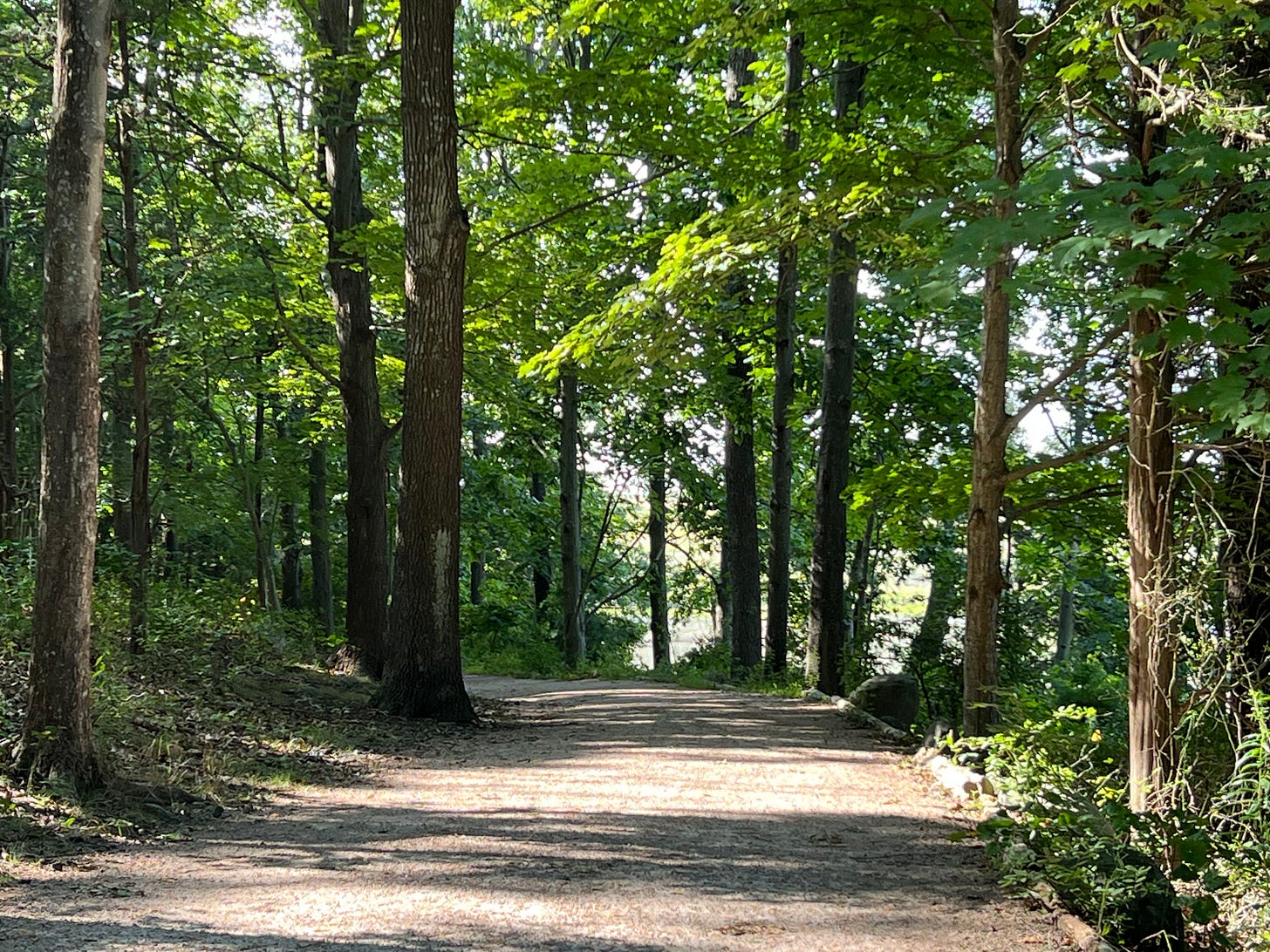
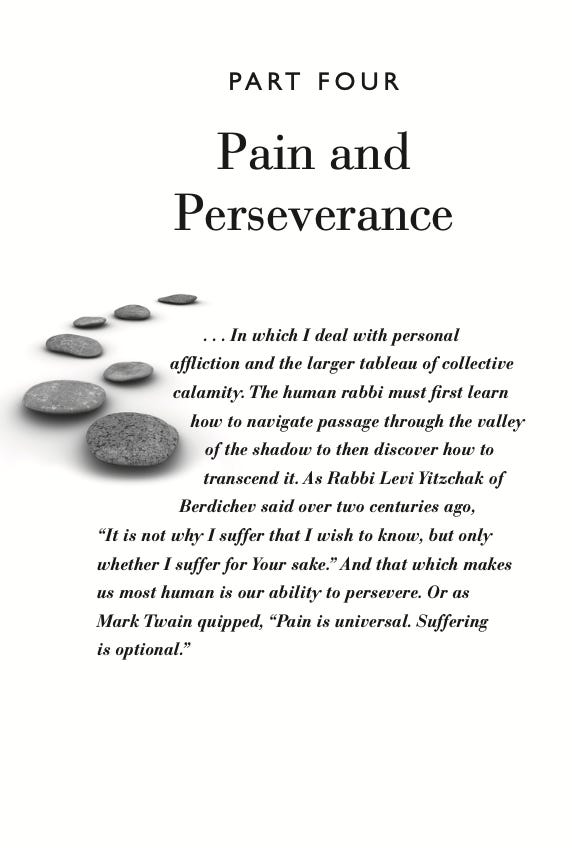
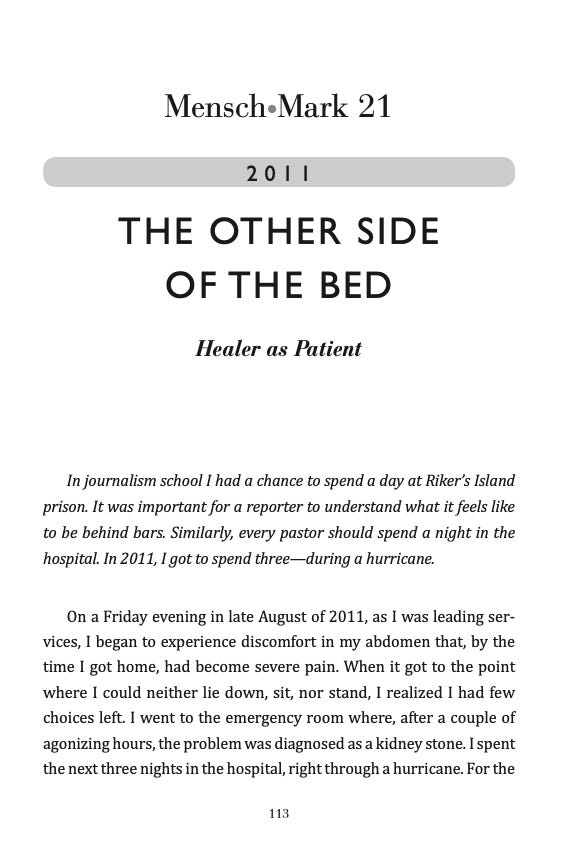
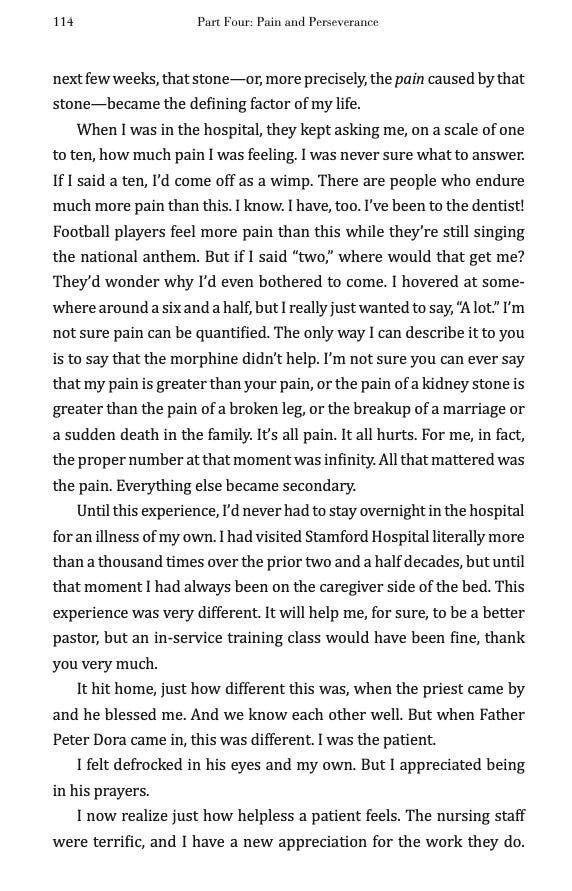
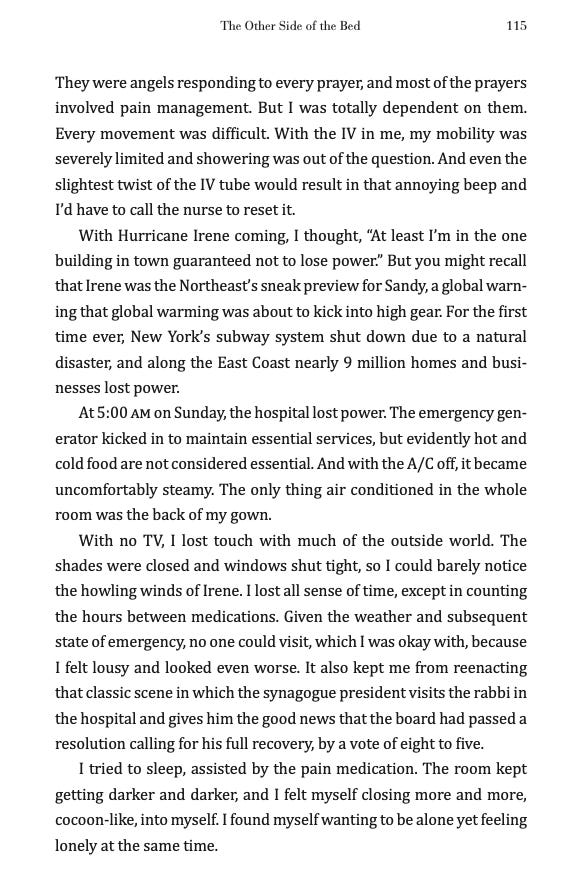
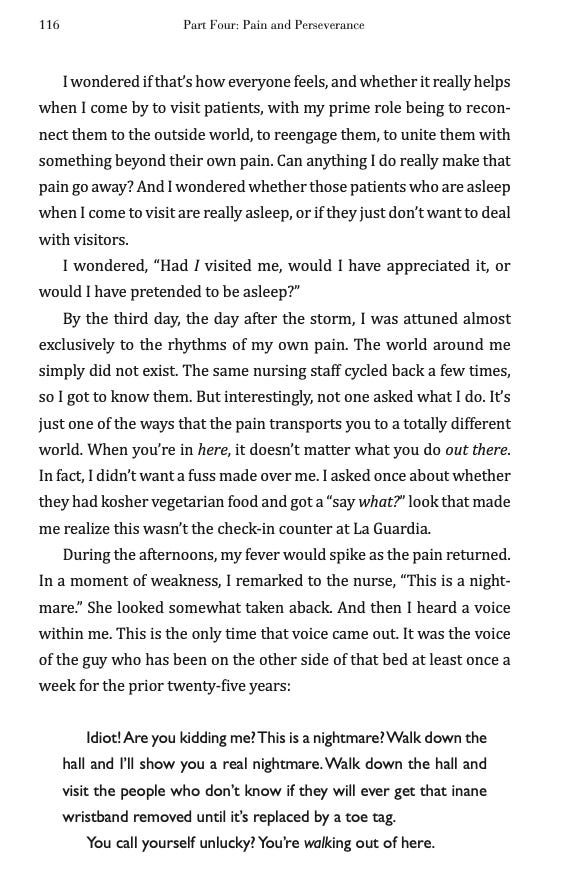
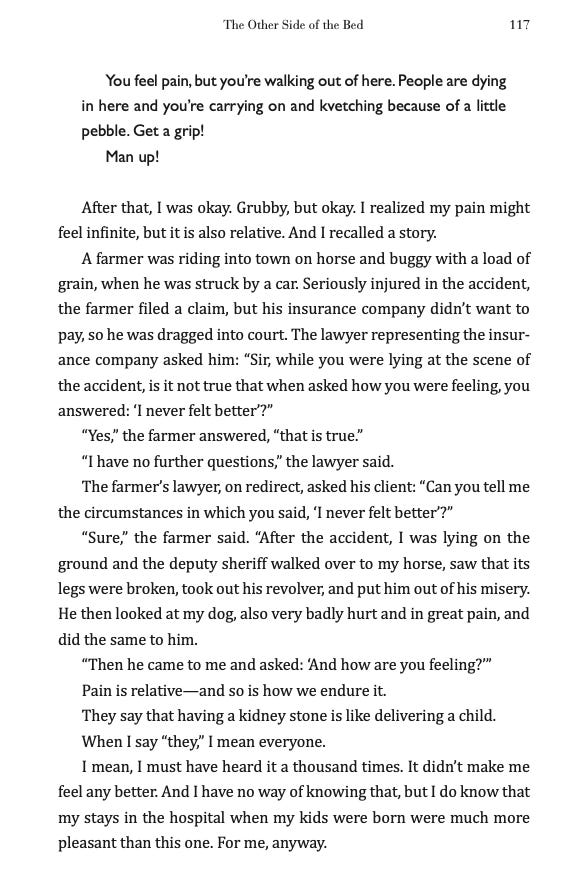
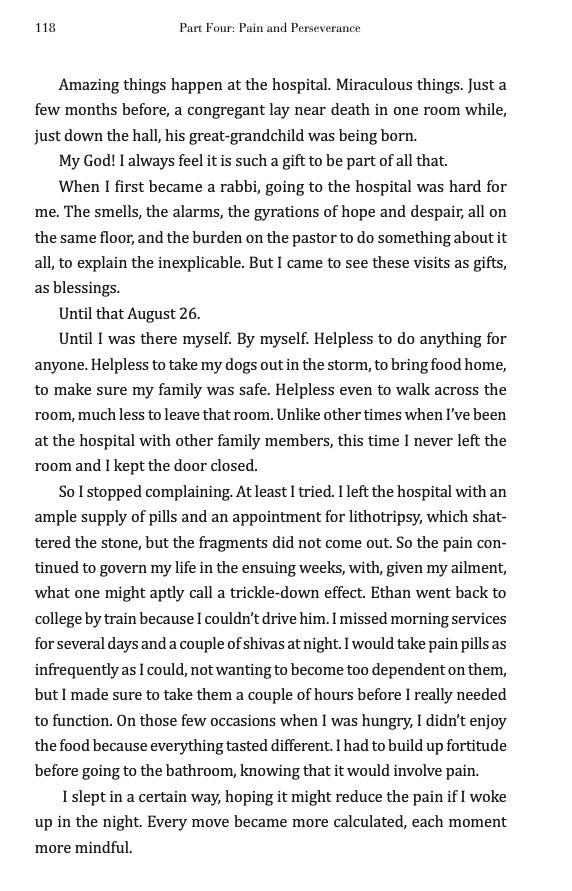
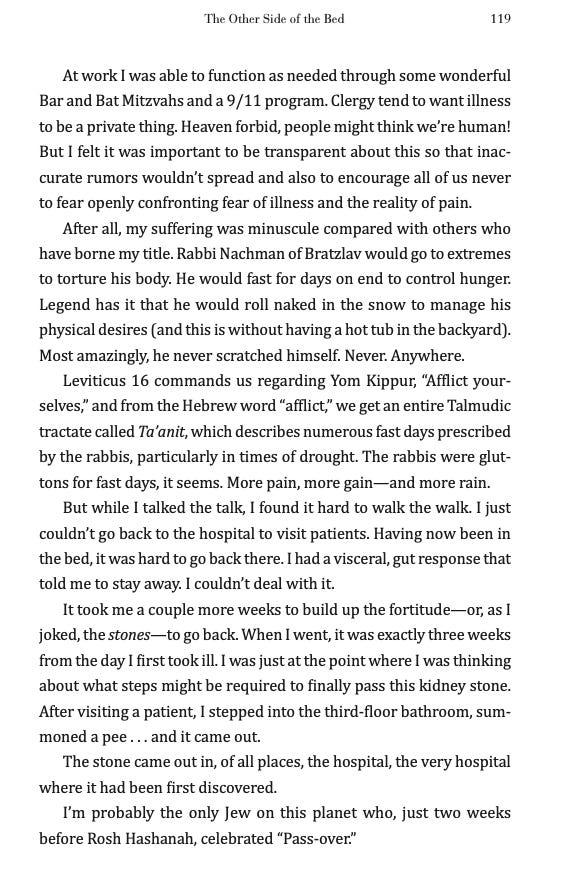
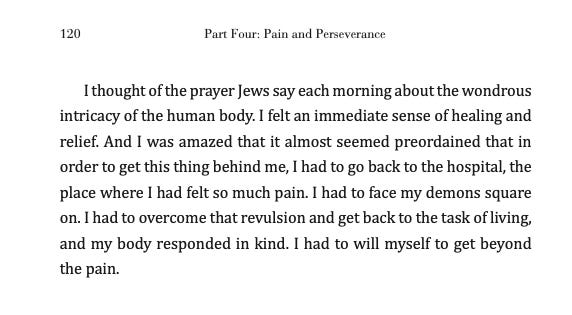
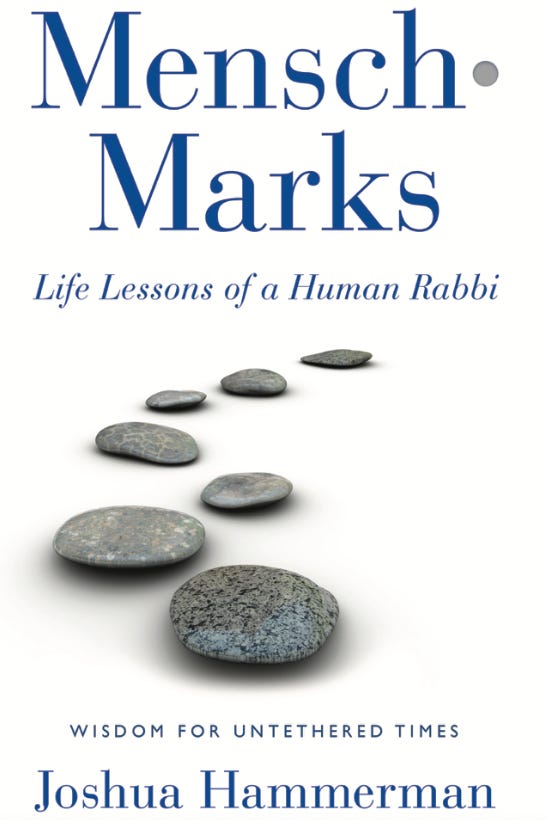
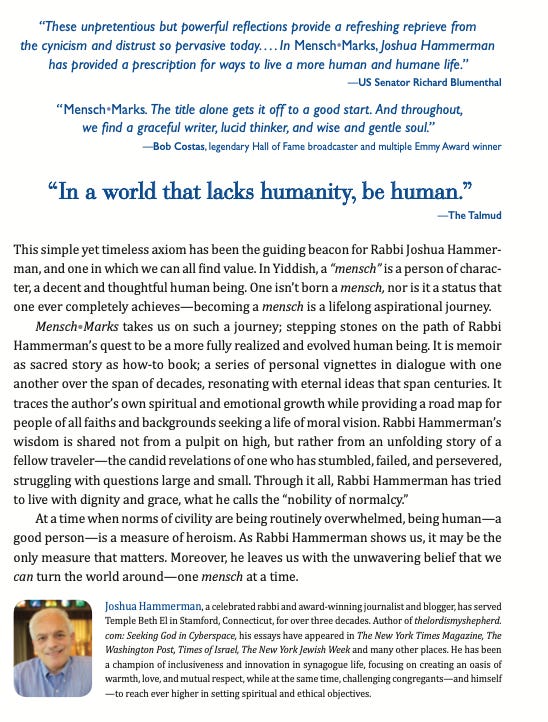
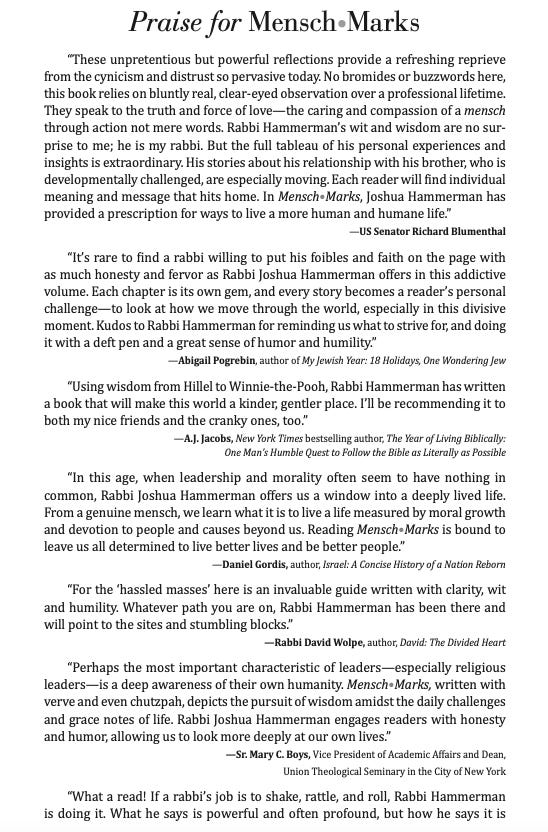
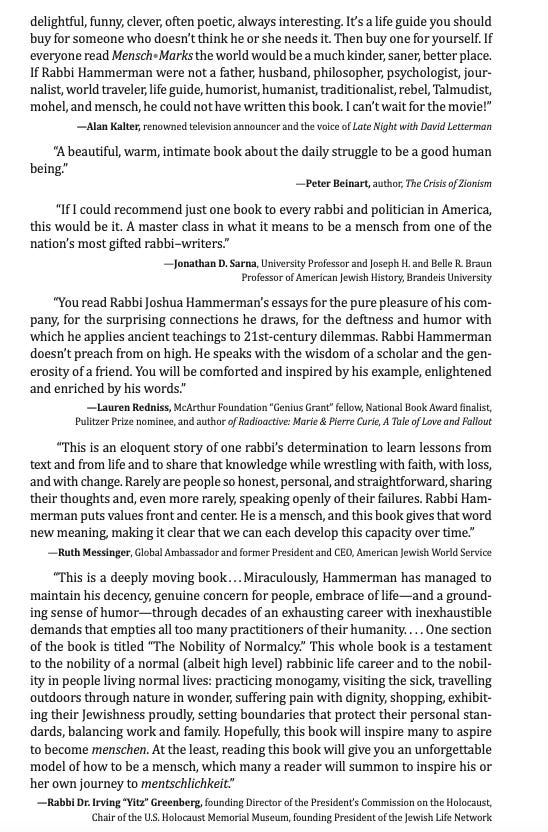
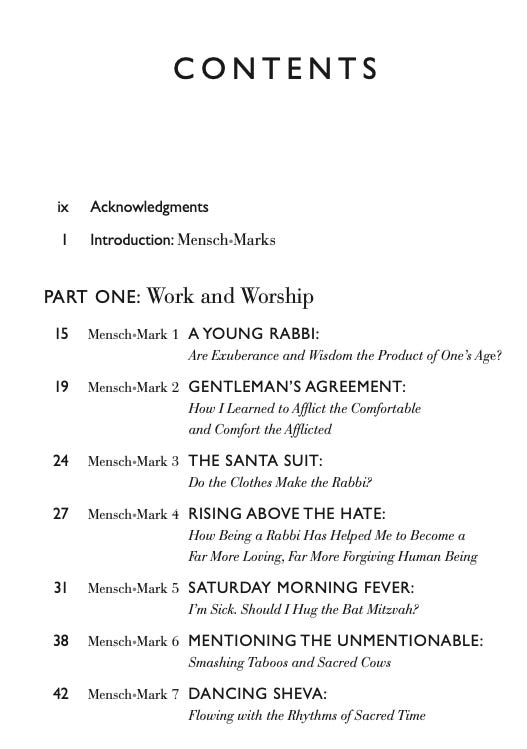
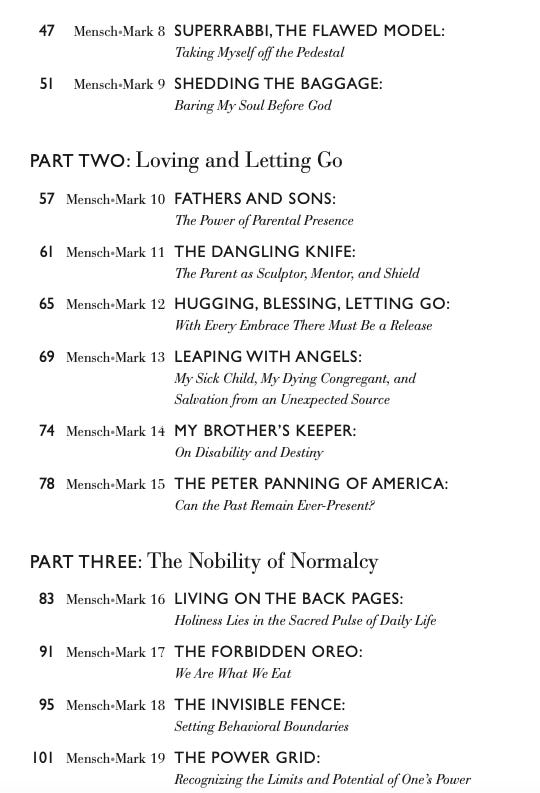
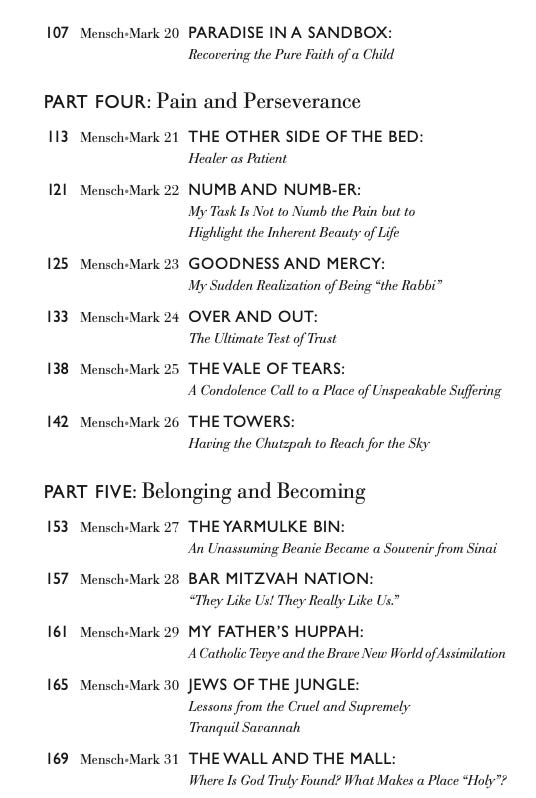
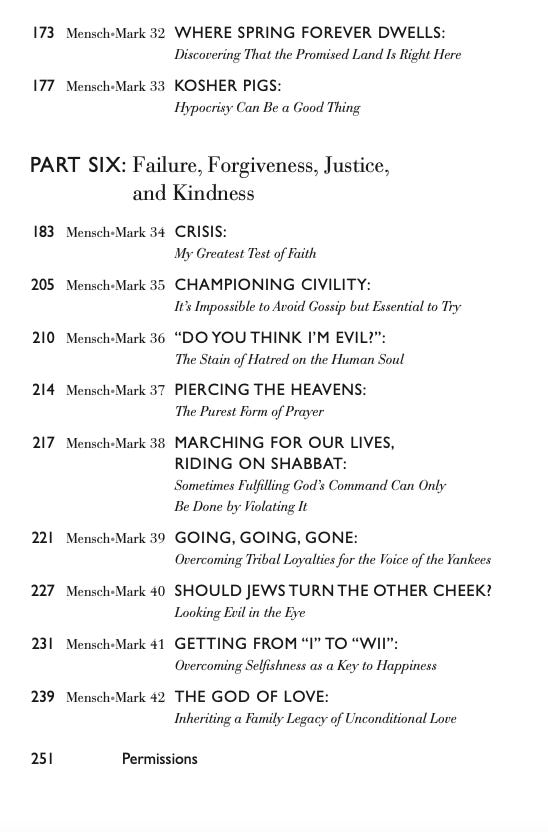
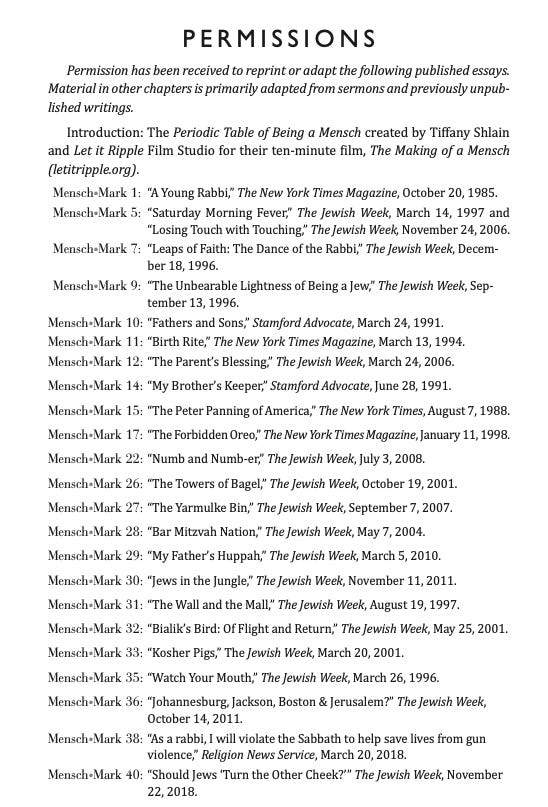
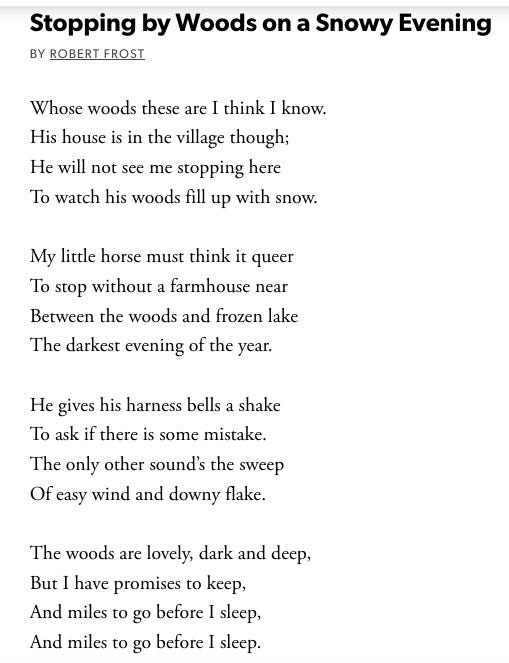
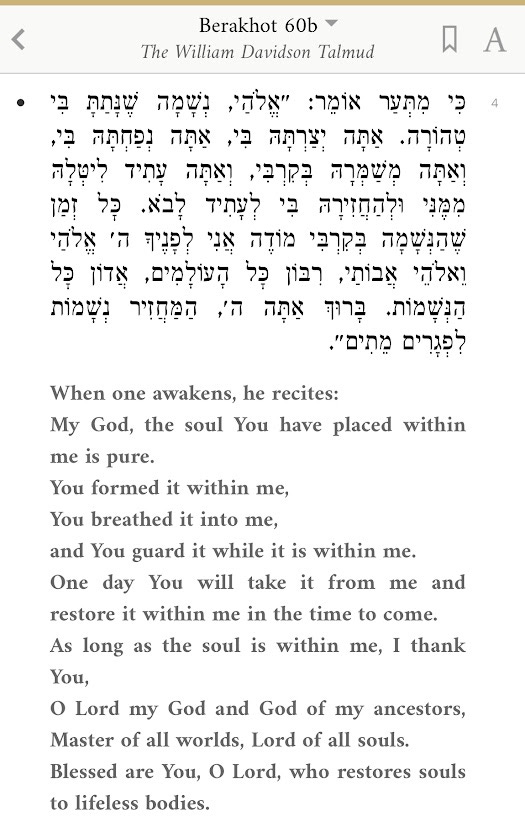
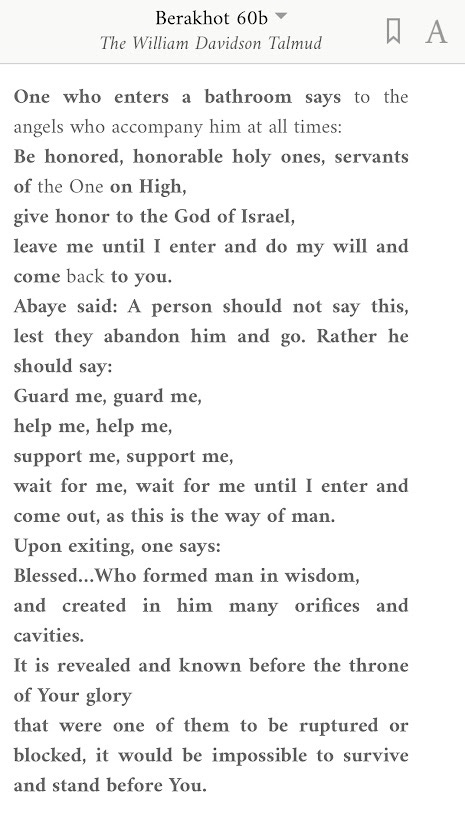





If there is something my life has taught me it is this: We are not protected, sheltered, or prevented from experiencing the horrific understanding of the consequence of terror, abuse, or denigration.
Life has also taught me I have been adequately equipped with the temerity, the tenacity and the resilience to survive every turmoil to which I am exposed, if only someone in the general vicinity will offer some semblance of support.
Wishing you a speedy recovery! Thanks for reminding me of Robert Frost; such a fantastic poet.
Looking forward to reading a lot more from you in future, Rabbi.